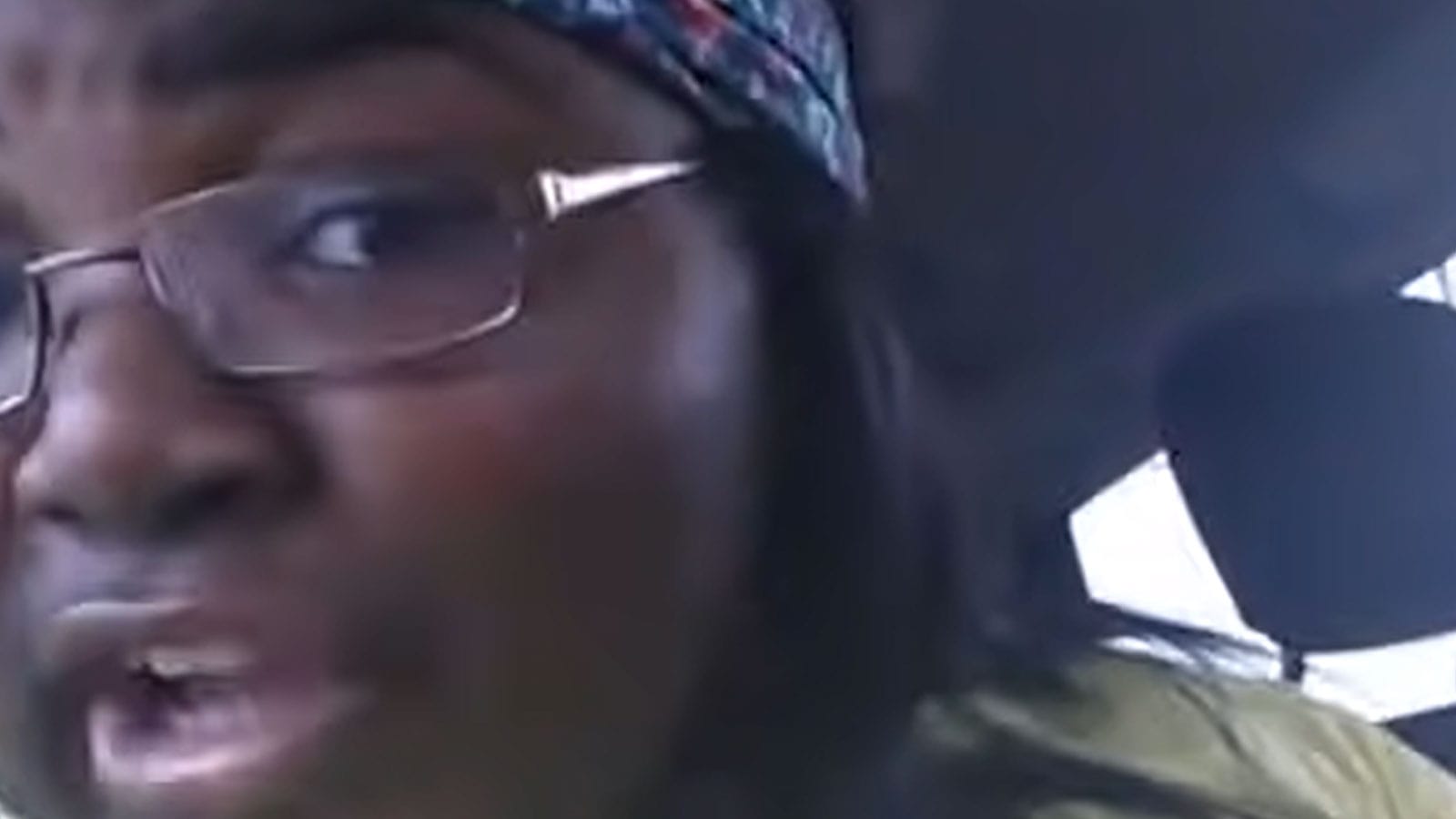Changing lingo / Preserving fruit

Today: Osita Nwanevu, a contributing editor at The New Republic and columnist at The Guardian; and Jennie Rose Halperin, digital strategist and librarian at NYU's Engelberg Center on Innovation Law and Policy.
Issue No. 109
Greetings, Fellow Kids
Osita Nwanevu
Jammin’
Jennie Rose Halperin
Greetings, Fellow Kids
by Osita Nwanevu
There’s been a lot of interest lately—from parents, politicians, and researchers alike—in what the kids are getting up to online. The idea that social media is responsible for all the social ills and anxieties young people are facing remains evidence-challenged, but it’s beyond dispute that the internet is changing the way we speak from the youth up, or down. Even I, at the geriatric age of thirty, think Gen Z slang just hits different, though it’s hard to pinpoint exactly why.
Dan Brooks recently tried his hand at an explanation in the Atlantic: internet slang today is not only strange but broken, Brooks contends. While slang’s true purpose is to signal membership in particular communities, the extremely online—with the young at the vanguard—have enthusiastically pushed an increasingly weird argot to ever-broader and ever-more unlikely audiences. And those audiences have, rather remarkably, even come to include painfully unhip, white, middle-aged men like Dan Brooks. “Like most internet users with access to X, Instagram, TikTok, and so forth, I routinely spend two to 22 hours a day competing in a metered popularity contest that rewards, among other things, whoever can deviate the furthest from standard English and still be understood,” he writes. “If the slang that emerges from these deviations excludes anyone, it should exclude me. And yet I comprehend it with terrifying clarity.”
Brooks argues that the broadening of internet slang’s reach is evident in the popularizing of the word “tea” (for an awareness of gossip or hidden information) and the phrase he believes may be its successor, “body tea” (for the quality of being physically attractive). “This usage was apparently derived from a misreading of the influencer Queen Opp’s remark,” he explains, almost apologetically: ‘Her body tea, she’s super thick, she’s super pretty…’ Queen Opp elided the verb to be from a declarative clause, which viewers seem to have misinterpreted, taking ‘her body [is] tea’ to mean ‘[she has] body tea.’”
I don’t know if Brooks has the tea on tea, but I do think he’s onto something. I’ve only recently gotten into TikTok and still don’t spend all that much time there, but slang from that and other Zoomer outposts on the Internet has floated into my own vocabulary over the last couple of years: “basic,” “fit,” “cook(ing)/(ed),” “slaps,” “yap(ping),” “mid,” “own,” “flex,” “vibe,” “hit(s),” “cringe,” and even “it’s giving,” which I have employed only once in real world conversation to date, a regrettable moment in a chat that was, frankly, already giving cringe.
It’s a paywall, but a small one
Read this post and get our weekdaily newsletter for $3 a month
